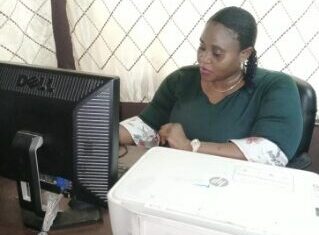
News
At the Intersection of Gender and Disability
Play audio version
Meet DJP Fellow Oluwabukolami Omolara Badmus
June 26, 2021
Oluwabukolami Omolara Badmus is a 33-year-old disability rights activist and feminist based in Lagos, Nigeria. She is both the financial secretary and Lagos state coordinator for the Lionheart Ability Leaders International Foundation (LALIF).
LALIF’s mission is to generally “educate, enlighten, and empower the people on issues related to persons with disabilities, women and children, among others.” Badmus is also an educator, teaching at a government/public high school.
Since 2019, part of LALIF’s major organizational focus has been on people with Usher syndrome, a condition that causes DeafBlindness. After realizing how little Nigerian citizens know about the syndrome and those who live with it, Badmus is now actively involved in educating people, from government officials to educators, about it.
Badmus was born in Ibadan in 1988. She grew up in Ondo State, but her native home is located in Osun State. She is part of a large family with nine other siblings. She had some familial support even though growing up as a person with a disability in her family came with challenges. “My mom has been a supportive pillar since I was, ever since I was born,” says Badmus.
Growing up in Nigeria wasn’t easy: “There is no proper infrastructure put in place for people living with disability.” In her opinion, the government isn’t making enough of an effort to be more socially inclusive of people with disabilities. “Though they say they’re trying their best, but to me, their best has not been enough,” she says. Badmus remains hopeful that conditions will improve.
During her senior year in high school in 2001, Abike Dabiri (a known journalist) visited her school and sparked her interest in journalism. She originally planned to study journalism at a university, but she was unable to due to financial constraints at the time. Badmus attended a teacher’s college in the meantime.
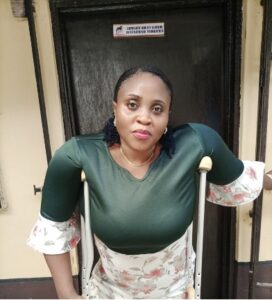
Her activism roots, on the other hand, stemmed from her later days at University of Ibadan, where she studied education and political science. She also helped form the “Special Persons Club,” an organization for students with disabilities. Badmus says, “My relationship with people, with other people living with disabilities has been … very very wonderful. Because, from … relating with them, I was able to know that, apart from the fact that … one word band[ed] us together, that this is the word ‘disability’ [brought] us together, we still have our individual differences.”
Her passion for disability rights activism has endured over time. She places a particular focus on women with disabilities in regard to her advocacy work. Women with disabilities in Nigeria face a myriad of “intersectional” hurdles. For example, “If you look at the percentage of the employment rate of people living with disability, the women are really really lacking behind,” says Badmus.
She is looking forward to honing her journalism skills and creating a documentary after her fellowship with the Disability Justice Project. She intends to share stories of people with DeafBlindness and women with disabilities – of both “their inclusion and exclusion.”
Her positive impact on others continues to motivate her work. “Passion. My passion, the love, the smiles I see on people’s faces, that is what has been inspiring me…”
News From the Global Frontlines of Disability Justice
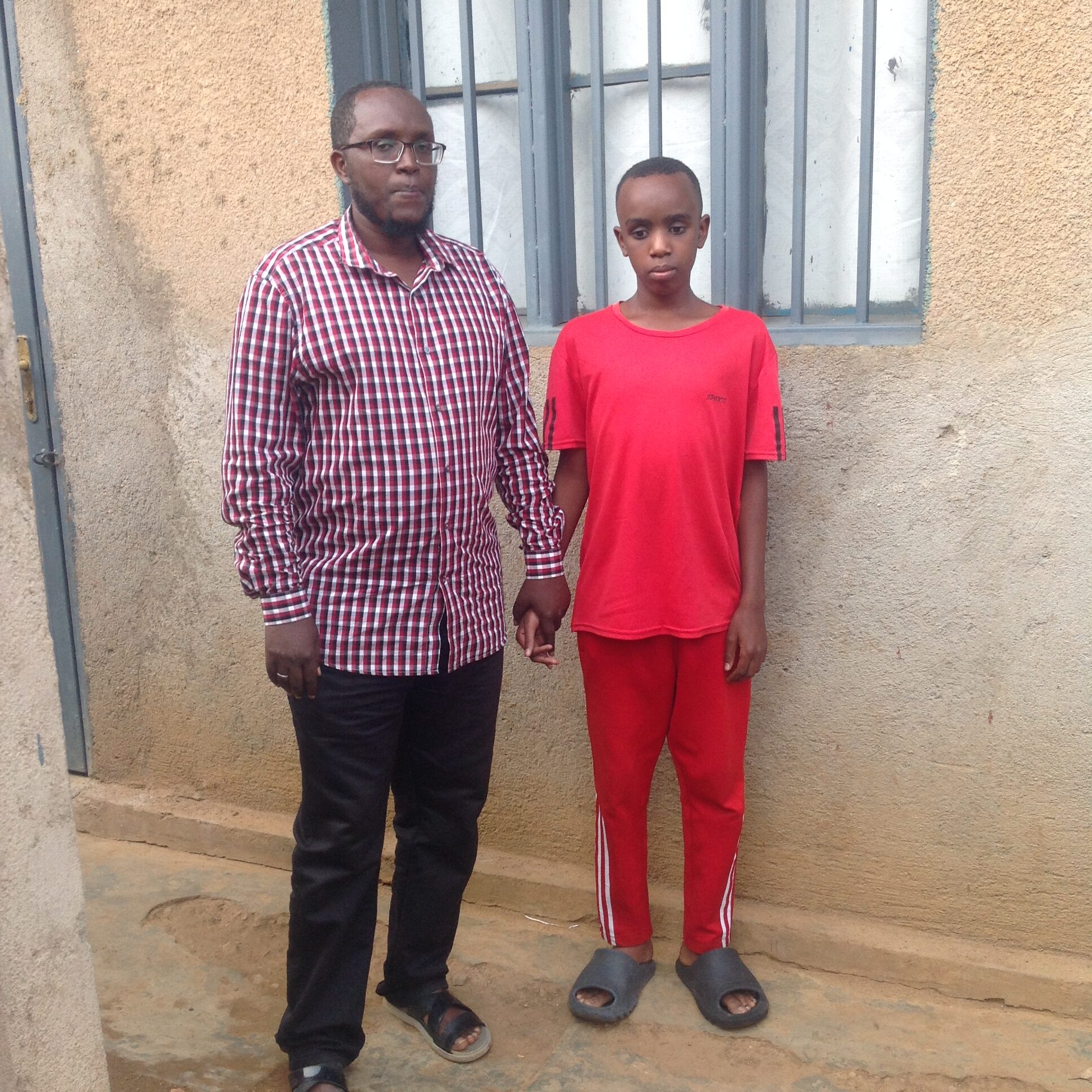
‘I Just Want to Walk Alone’
Fourteen-year-old Saifi Qudra relies on others to move safely through his day. Like many blind children in Rwanda, he has never had a white cane. His father, Mussah Habineza, escorts him everywhere. “He wants to walk like other children,” Habineza says, “He wants to be free.” Across Rwanda, the absence of white canes limits children’s mobility, confidence, and opportunity. For families, it also shapes daily routines, futures, and the boundaries of independence.
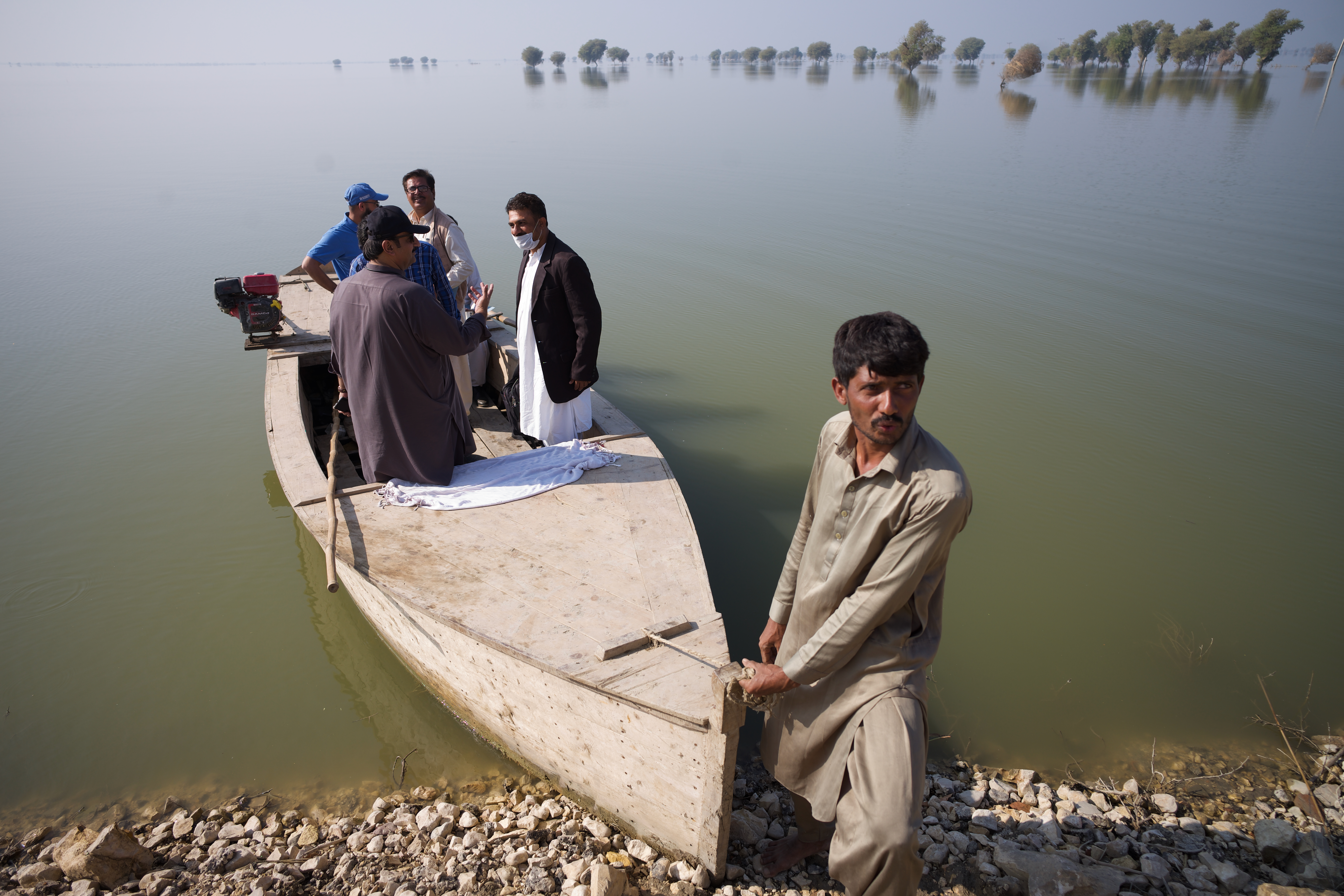
‘Evacuation Routes Are Meant for People Who Can Run’
As climate change and conflict intensify across Pakistan, emergency systems continue to exclude people with disabilities. Warning messages, evacuation routes, and shelters are often inaccessible, leaving many without critical information when floods or violence erupt. “Evacuation routes are built for people who can run,” Deaf author and policy advocate Kashaf Alvi says, “and information is broadcast in ways that a significant population cannot access.”
Read more about ‘Evacuation Routes Are Meant for People Who Can Run’
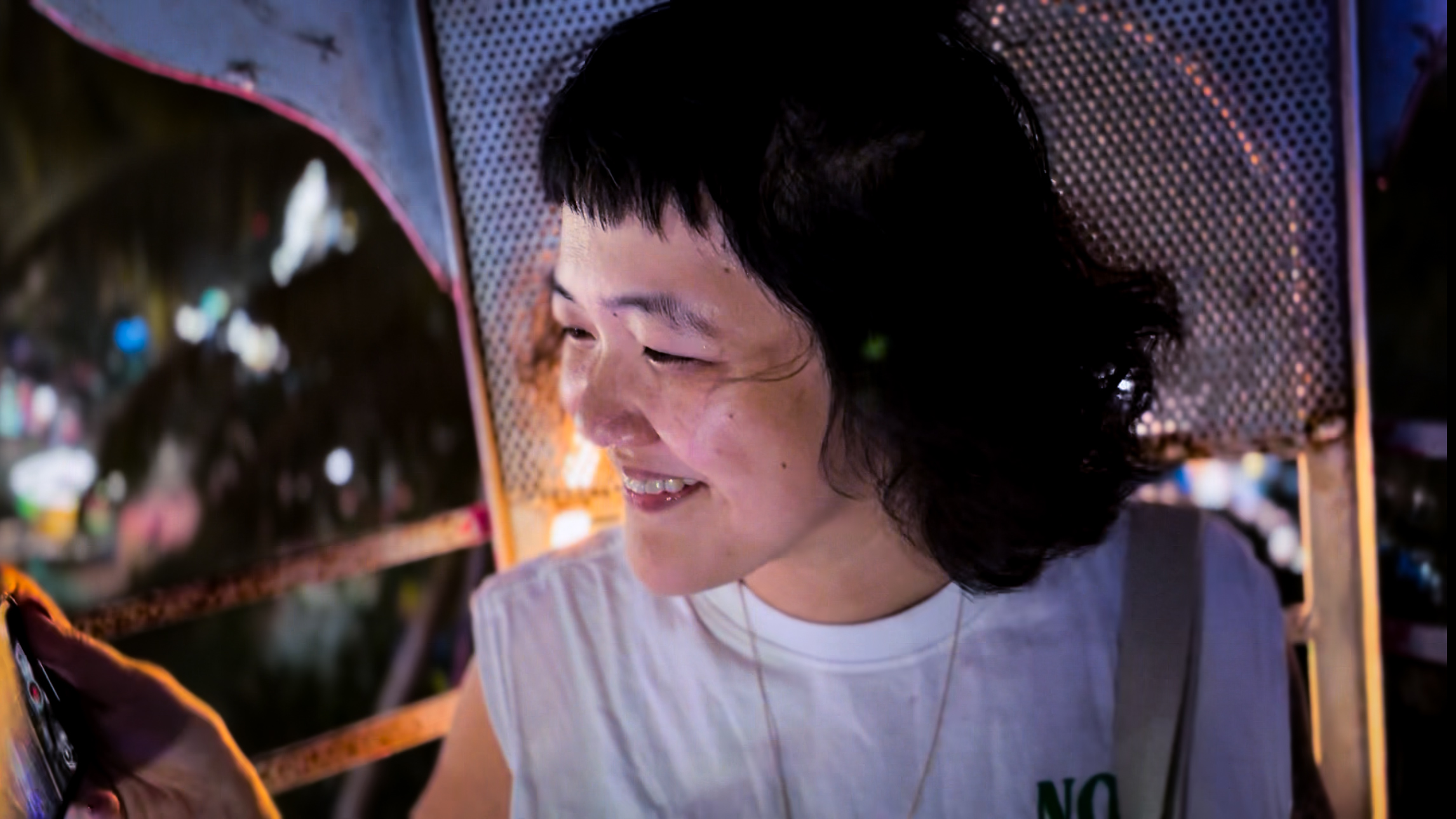
Autism, Reframed
Late in life, Malaysian filmmaker Beatrice Leong learned she was autistic and began reckoning with decades of misdiagnosis, harm, and erasure. What started as interviews with other late-diagnosed women became a decision to tell her own story, on her own terms. In The Myth of Monsters, Leong reframes autism through lived experience, using filmmaking as an act of self-definition and political refusal.
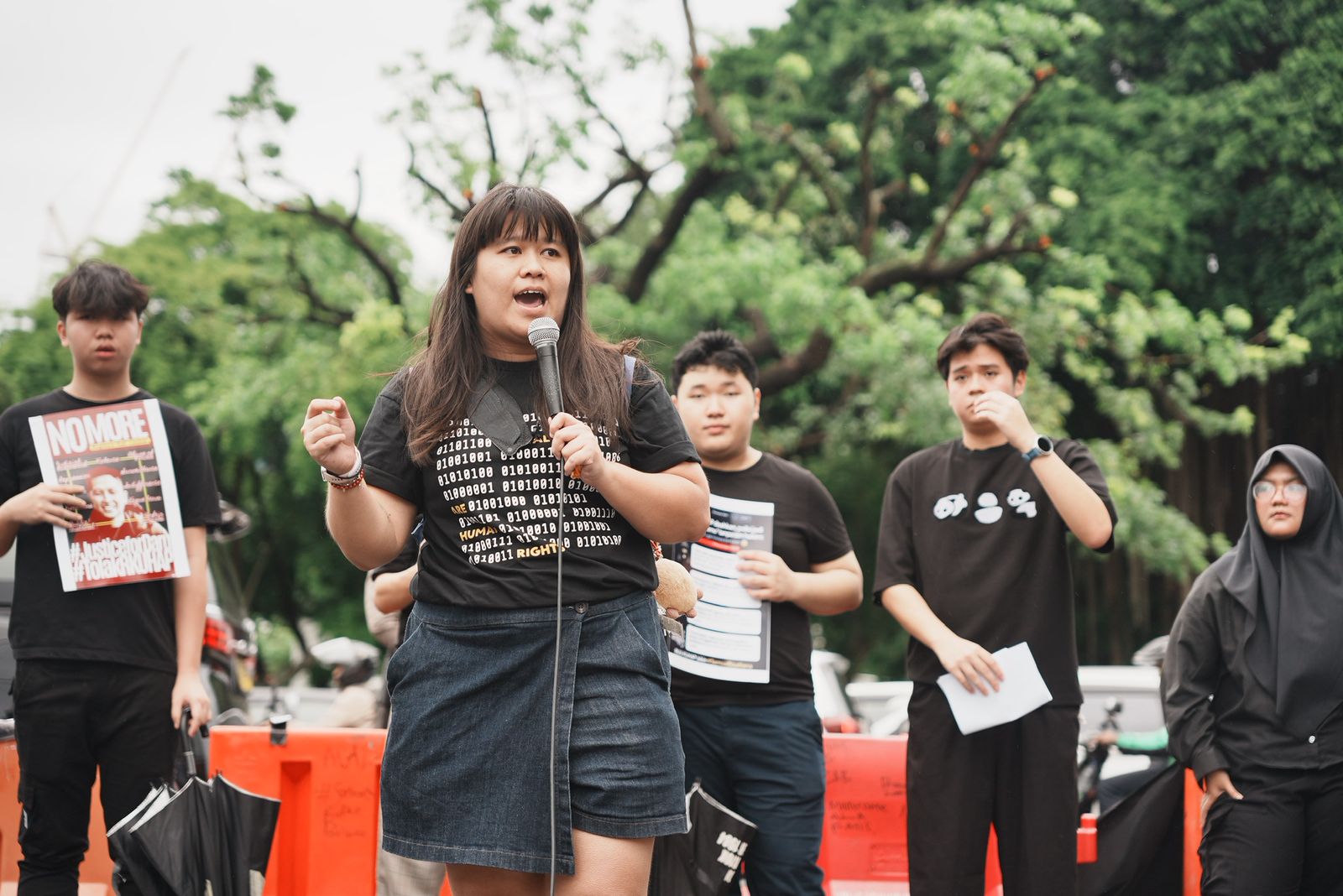
Disability and Due Process
As Indonesia overhauls its criminal code, disability rights advocates say long-standing barriers are being reinforced rather than removed. Nena Hutahaean, a lawyer and activist, warns the new code treats disability through a charitable lens rather than as a matter of rights. “Persons with disabilities aren’t supported to be independent and empowered,” she says. “… They’re considered incapable.”

Disability in a Time of War
Ukraine’s long-standing system of institutionalizing children with disabilities has only worsened under the pressures of war. While some facilities received funding to rebuild, children with the highest support needs were left in overcrowded, understaffed institutions where neglect deepened as the conflict escalated. “The war brought incredibly immediate, visceral dangers for this population,” says DRI’s Eric Rosenthal. “Once the war hit, they were immediately left behind.”
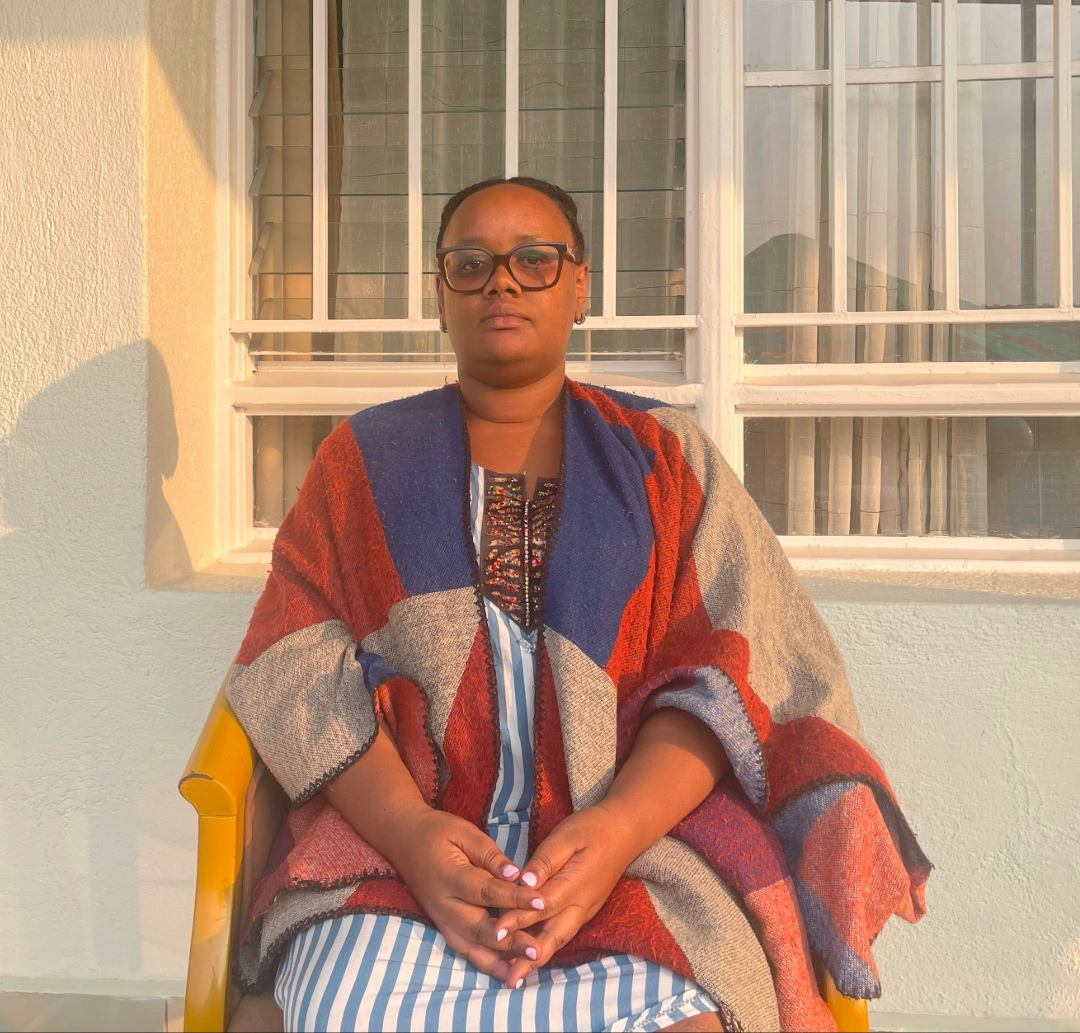
The Language Gap
More than a year after the launch of Rwanda’s Sign Language Dictionary, Deaf communities are still waiting for the government to make it official. Without Cabinet recognition, communication in classrooms, hospitals, and courts remains inconsistent. “In the hospital, we still write down symptoms or point to pictures,” says Jannat Umuhoza. “If doctors used sign language from the dictionary, I would feel safe and understood.”